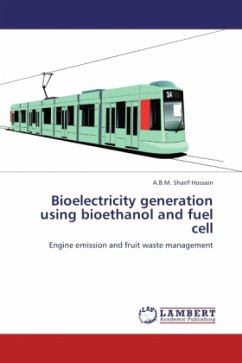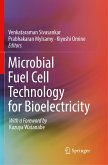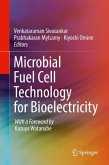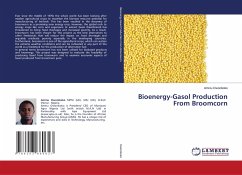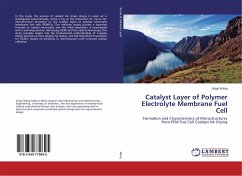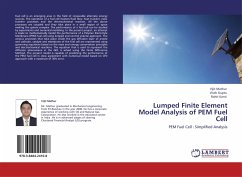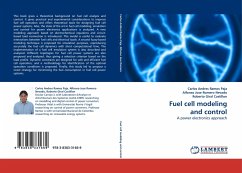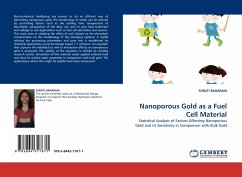The study was conducted to produce bioethanol fuel from rambutan biomass using different parameters. The effects of days, pH, temperatures, enzyme and yeast concentration and components of rambutan fruit waste on bioethanol production were investigated. From the results, the maximum yield of bioethanol in different parameters such as, pH temperatures, fermentation period, and yeast concentration was found at 5, 30°C, 2 days and 4 g/l (w/v), respectively. Viscosity, acid value and some metal content were found within the limits described by the American Standards for Testing Material. The bioethanol was analyzed and found that there was no toxic elements and acceptable for transportation fuel and followed the quality of ASTM standard. Fuel consumption was found less at 10% than 5% bioethanol and 100% gasoline. Greenhouse gas/engine emissions like CO2, CO, SO2, HC and NOX were reduced by using bioethanol. Bioelectricity was generated successfully by using bioethanol based fuel cell. The bioethanol from biomass was of good quality which generated electricity (recorded in votage an RPM by fuel cell). Waste material (biomass) can also be managed and renewed energy using this technolog.
Bitte wählen Sie Ihr Anliegen aus.
Rechnungen
Retourenschein anfordern
Bestellstatus
Storno

